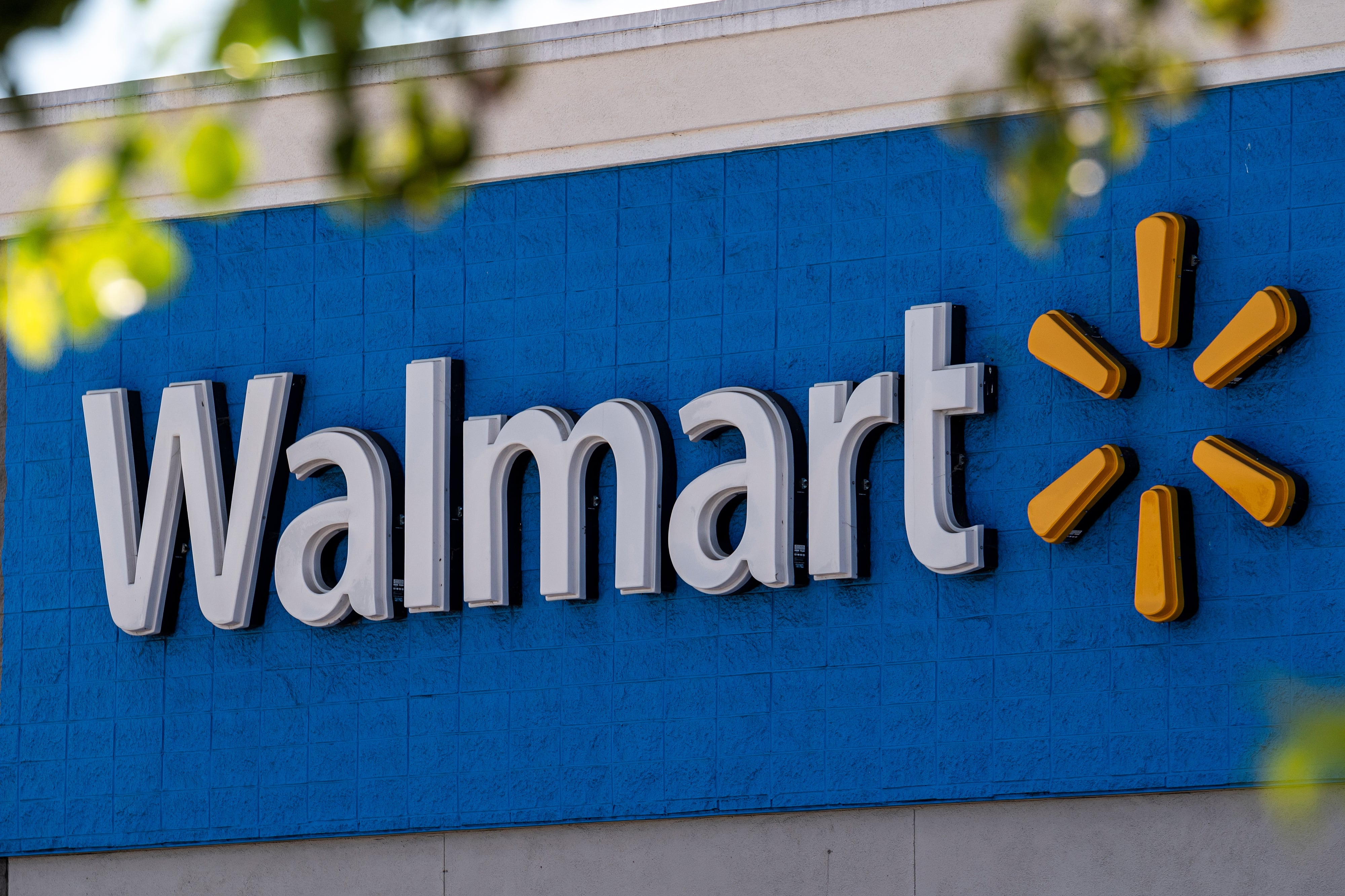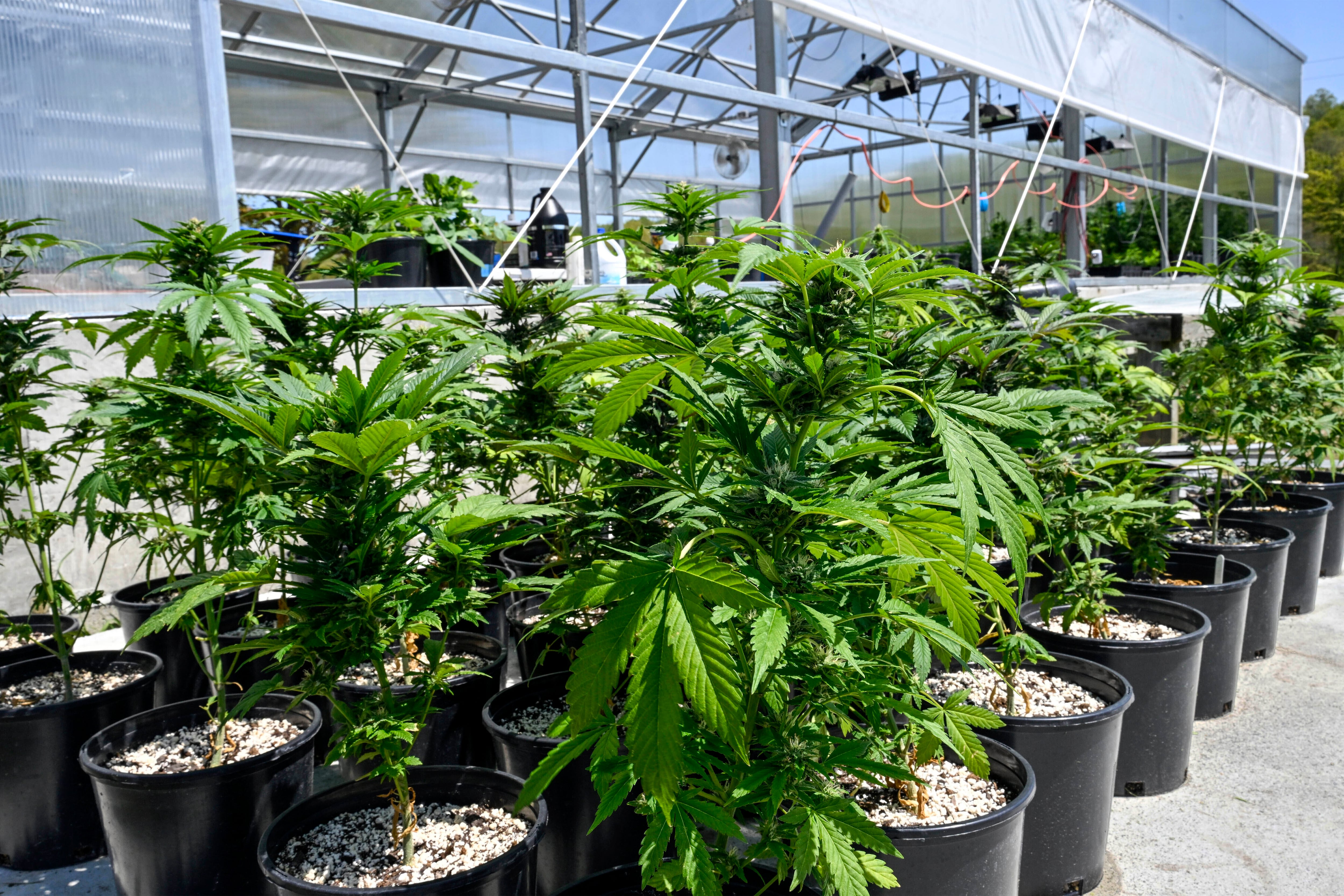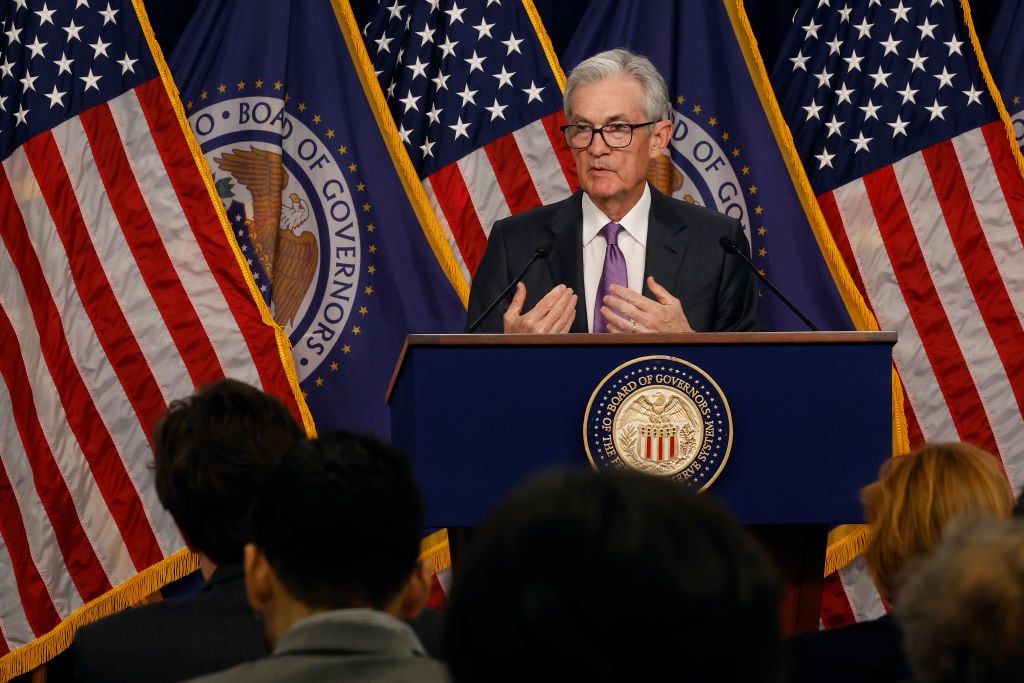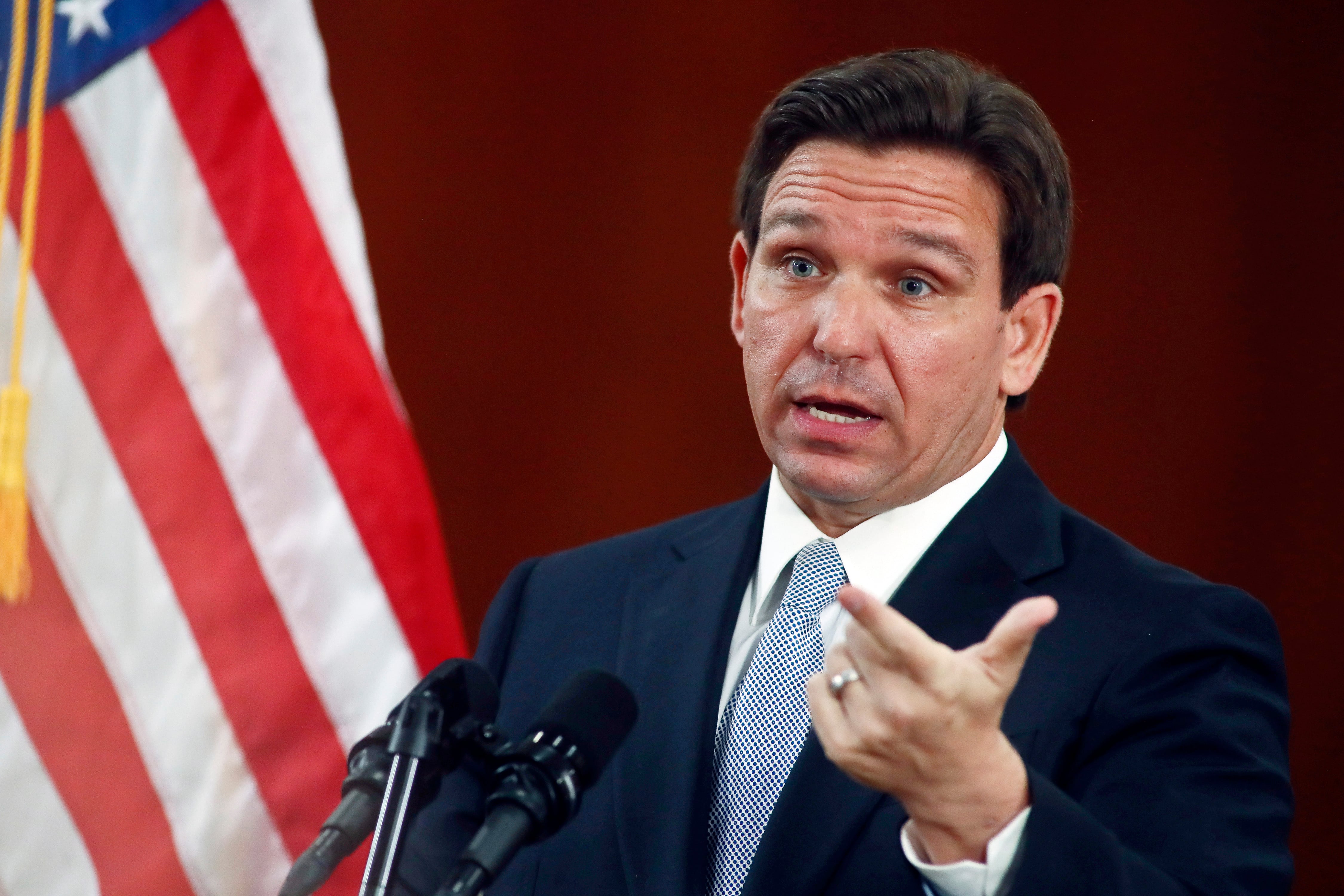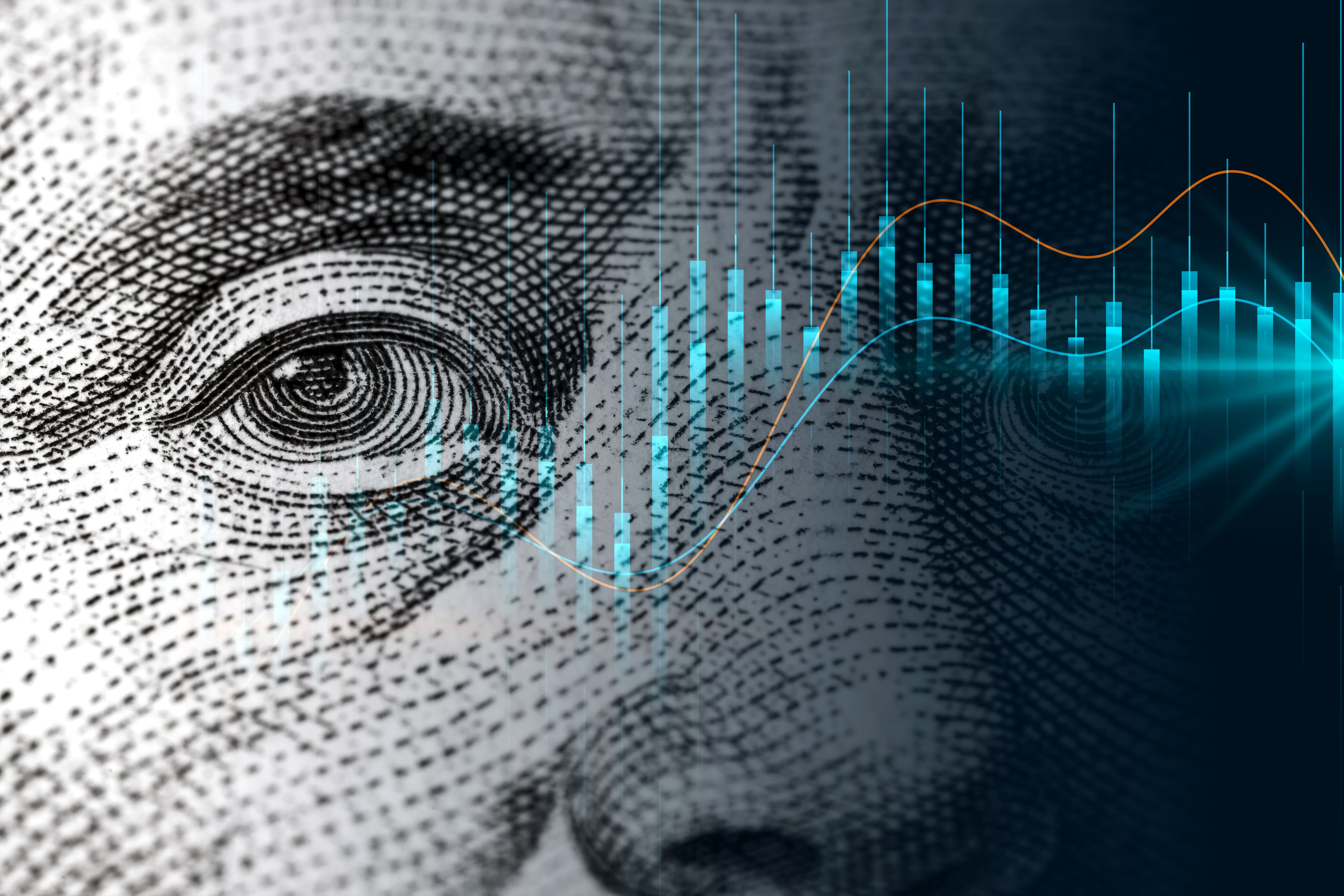Janet Yellen has been sworn in as President Joe Biden's Treasury Secretary.
Tuesday Vice President Kamala Harris administered the oath of office to Yellen, who is the first woman Treasury secretary in U.S. history.
The former chair of the Federal Reserve was approved by the Senate on an 84-15 vote, becoming the third member of Biden’s Cabinet to win confirmation. The 15 votes against her all came from Republicans.
She is expected to play a key role in gaining congressional approval of Biden’s $1.9 trillion coronavirus relief package, which is running into stiff opposition from Republicans who believe the price tag is too high.
An economist by training who was a professor at the University of California at Berkeley, Yellen will represent the Biden administration in global financial affairs and lead a sprawling department whose responsibilities cover overseeing IRS tax collections, making policy on banking regulations, and serving as the administration’s contact with Wall Street.
In her previous roles, Yellen developed an expertise in areas ranging from labor markets to international finance. Publicly, she frequently signaled concern about how economic policies affect ordinary people, especially disadvantaged communities.
At her confirmation hearing before the Finance Committee last week, Yellen had argued that without prompt action the nation faced the threat of a “longer, more painful recession.”
She urged quick action on the virus relief package that would provide an additional $1,400 in payments to individuals making below $75,000 annually as well as providing expanded unemployment benefits, further aid for small businesses, and support for cities and states to prevent layoffs.
The plan also provides more support for vaccine production and distribution.

